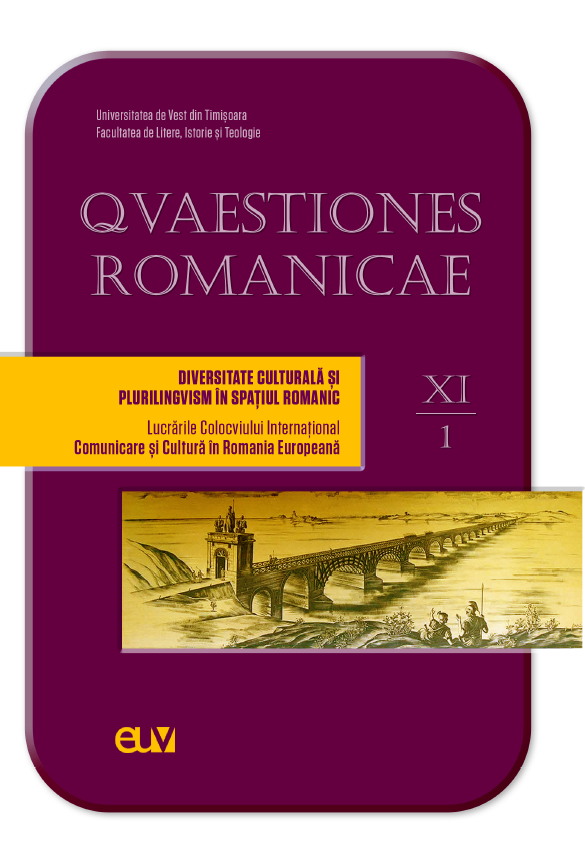Dărnicie și magnificență. Messer Torello și Saladin, o lectură (inter)culturală din Boccaccio
Abstract: (Generosity and magnificence. Messer Torello and Saladin, an (inter)cultural reading of Boccaccio) Starting from novella 10.9 of the Decameron, one from a series devoted to stories about liberality and magnificence, the article confronts it to the context of ‘global Trecento’ relations with the religious alterity in Italy. In the wake of some extraordinary events, an improbable friendship comes to connect the hearts of a Christian named Torello and of the Muslim sultan Saladin. Is Boccaccio unusually benevolent regarding the religious liberties of his time, or the story truly reflects the spirit of a more tolerant age? The paper explores the historicized context of this novella in the late Middle Ages in the Mediterranean world, particularly against the history of the crusades, and eventually includes a few visual echoes of this story in the art of the wedding gifts. I also try to understand to what extent the medieval value of courtesy was a common idiom in rival religions, so that the chivalrous virtues could become a lingua franca in the relations between men of different religion and social ranks.
Keywords:cultural history, Trecento, alterity, courtesy, marital fidelity, cassoni.
Rezumat: Pornind de la novella 10.9 a Decameronului, din ziua destinată istoriilor despre dărnicie și mărinimie, studiul analizează o perspectivă de „Trecento global” în raporturile cu alteritatea religioasă din Italia. Între creștinul Torello și sultanul musulman Saladin se leagă, în urma unor întâmplări extraordinare, o prietenie neverosimilă. Este Boccaccio mai binevoitor privind libertățile religioase ale acelei perioade, sau o asemenea istorie reflectă chiar spiritul unei epoci mai tolerante? Lucrarea va urmări contextul istoric al novellei din perspectiva multiculturalității Evului Mediu central și târziu în bazinul Mediteranei, a istoricului cruciadelor și a câtorva ecouri vizuale ale acestei istorii particulare în arta darurilor matrimoniale. Voi arăta, de asemenea, în ce măsură curtenia transcende religiile adversare, astfel încât virtuțile cavalerești devin o lingua franca în relațiile medievale dintre bărbați de religie și ranguri diferite.
Cuvinte-cheie: istorie culturală, Trecento, alteritate, curtenie, virtute conjugală, cassoni.
